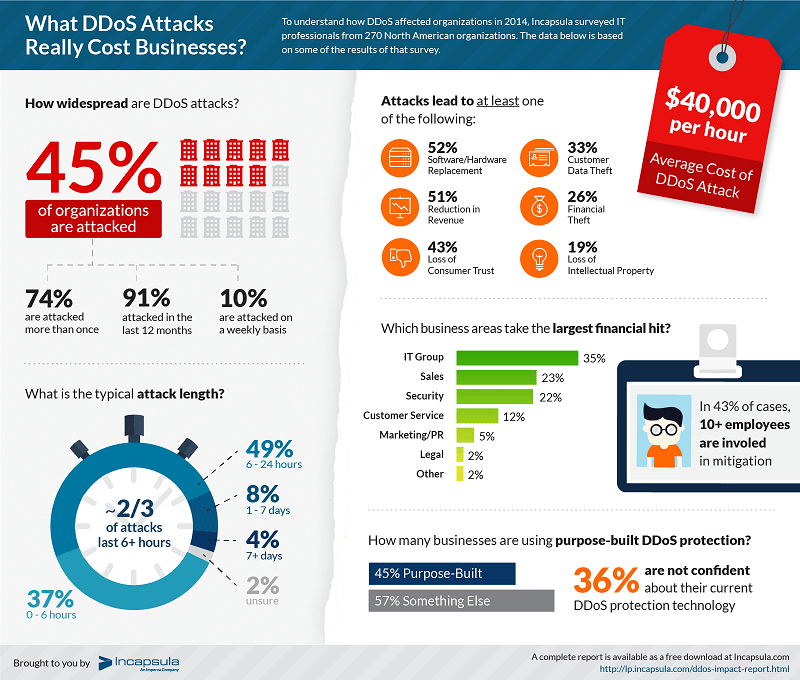When you’re running a business, it’s easy to get caught up in what you can measure: performance trends, analytics, objectives and deliverables. But it’s often the “softer stuff,” i.e. less-tangible characteristics of a company that determines whether it sinks or swims. Why?
Because company culture is not always measurable in hard data; getting a feel for it requires understanding how employees interact with each other, how they feel about their roles and the organization as a whole and how this impacts operations.
Keep reading to learn more about workplace camaraderie, why it matters and how you can foster it in your organization.
Table of Contents
Camaraderie, Morale and Productivity

The simplest answer as to why it’s important not to undervalue the power of camaraderie is simply that it’s more enjoyable to come to work each day if you like your colleagues. Take a moment to reflect on your workplace. Do people greet each other genuinely, or do employees encounter silence when they arrive to work? Do people throughout different departments and teams feel comfortable striking up conversations? Do employees support and encourage each other to improve and try out new ideas?
But there’s another key benefit to creating a “human workplace.” Nearly nine out of 10 employees consider work relationships important to their overall quality of life, according to one Forbes contributor. Having more friends at work tends to correlate with higher levels of engagement and happiness, not to mention lower levels of turnover.
Engaged employees are more productive, simple as that. Instead of thinking of camaraderie as an auxiliary issue within your business, regard it with the importance it deserves. At the end of the day, how your employees feel about working at your company will factor into how hard they work and how long they stay before searching for a new job.
Better Company Culture Reduces Turnover
Employee turnover can throw a major wrench into your operations. It’s costly to invest time and money into new hires, only to see them leave after a short while. Here are just some of the costs and strains associated with high employee turnover rates:
- The human resources department has to spend more time processing paperwork, reviewing resumes and arranging interviews.
- Other employees often have to cover the duties of departed colleagues and assist new peers in getting up to speed, lowering their productivity.
- New workers’ productivity in terms of output and quality tend to be lower than experienced employees’ do.
Employees give notice for a variety of reasons, from compensation to life changes to general dissatisfaction. But when employees simply don’t feel like “part of the team” due to a lack of camaraderie, it can certainly exacerbate other reasons for leaving or stand up on its own as a reason to search for a new job.
Fostering a Sense of Workplace Camaraderie

While you can’t force employee bonding, you can give employees opportunities to get to know one another—and have some fun while they’re at it. Kicking off meetings with fun icebreaker questions is one simple way to help employees get to know each other beyond job duties.
The Shining popularized this saying: “All work and no play makes Jack a dull boy.” And it’s true in the workplace. A nose-to-the-grindstone 24/7 mentality will only lead to employee burnout while diminishing opportunities for employees to make friends and blow off some steam. Incorporate a healthy amount of socialization and informal communication within your workplace to leave room for camaraderie to grow.
According to Harvard Business Review citing an important Gallup poll, “people with a best friend at work are seven times more likely to engage fully in their work.” Give employees authentic opportunities to get to know one another. Carve out time for social interaction that’s not contingent on a project or deadline. Take the issue of camaraderie—or lack thereof—seriously, as it affects your employees’ experience and output so greatly.
Provided by UST




















Turnover drops and productivity rockets up when in a workplace with harmony Erik. Digging the tips buddy. I have worked jobs – pre-island hopping days – where folks vibed and stuff was effortless. We were a well-oiled machine. The power of harmony wins every time.
Every team need camaraderie. If you want your staff to feel like a team and act like a team, to have each other’s backs so that the best work gets done, you need to foster that team spirit. There has to be trust. There has to be caring. And that has to be built.
Camaraderie in the workplace is nice but not totally essential, sense of closeness amongst coworkers will improve happiness and productivity in the office. This will help the team to perform better, it will improve the ability to work as a team, it boosts employee retention rates. When a company provides a positive work environment, values employees and provide benefits that underscore that they are positioned in the best and brightest team.